In her keynote lecture for a conference on ‘The Muse and the Market’ in 2015 Aminatta Forna mounted a powerful advocacy for the political novel, challenging the assumption that politics or ‘subject’ undermines literary aesthetic. ‘A political novel can fail as a work of art as much as any other novel,’ she argued, ‘but the fact that it is political does not sentence it to failure.
Already a subscriber? Log in
Subscribe for just $2 a week
Try a month of The Spectator Australia absolutely free and without commitment. Not only that but – if you choose to continue – you’ll pay just $2 a week for your first year.
- Unlimited access to spectator.com.au and app
- The weekly edition on the Spectator Australia app
- Spectator podcasts and newsletters
- Full access to spectator.co.uk
Or
Unlock this article
You might disagree with half of it, but you’ll enjoy reading all of it. Try your first month for free, then just $2 a week for the remainder of your first year.


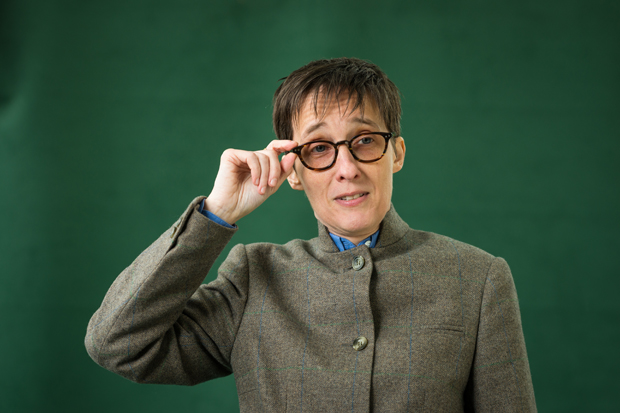
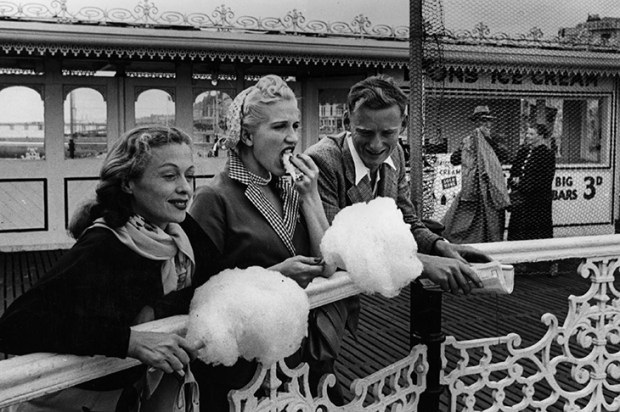
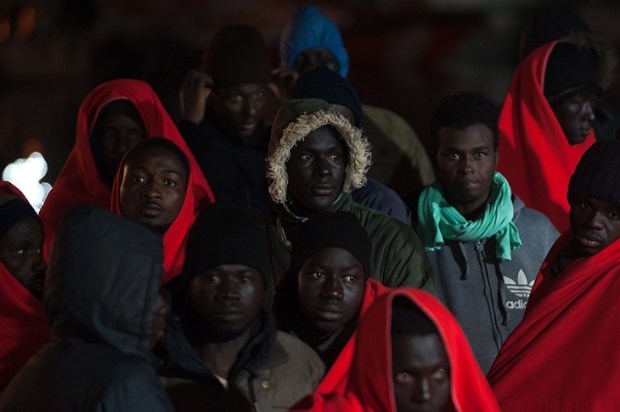
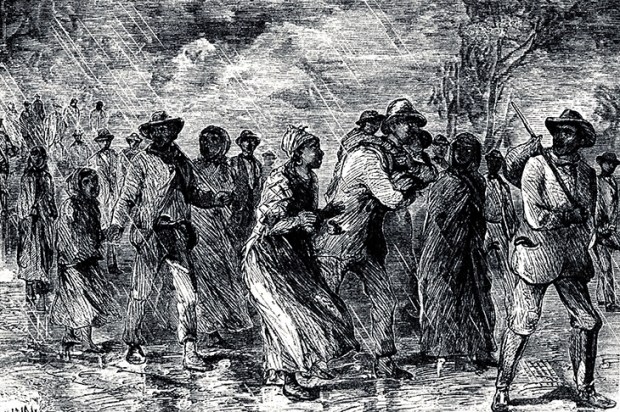
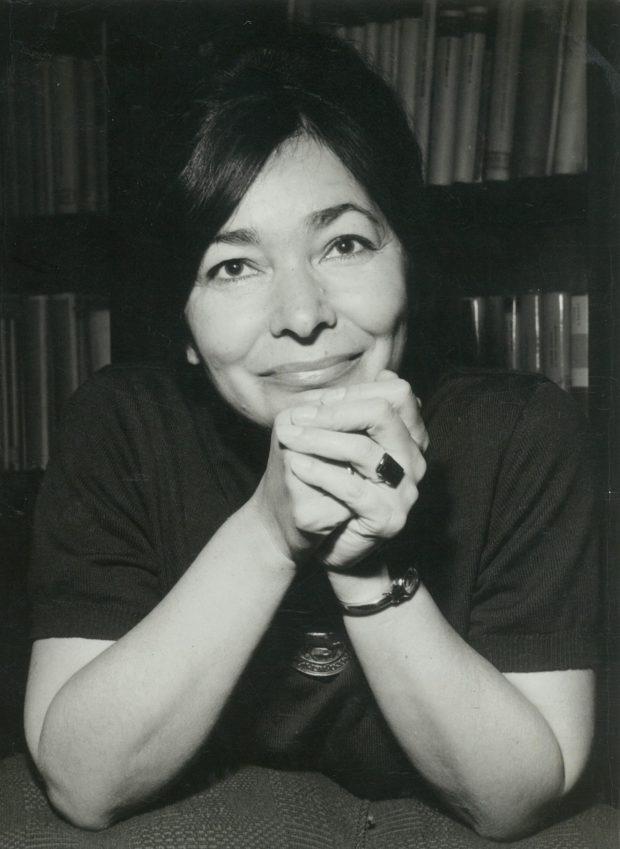
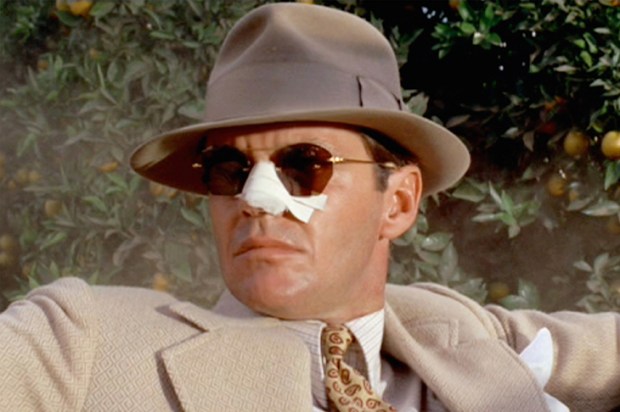






Comments
Don't miss out
Join the conversation with other Spectator Australia readers. Subscribe to leave a comment.
SUBSCRIBEAlready a subscriber? Log in